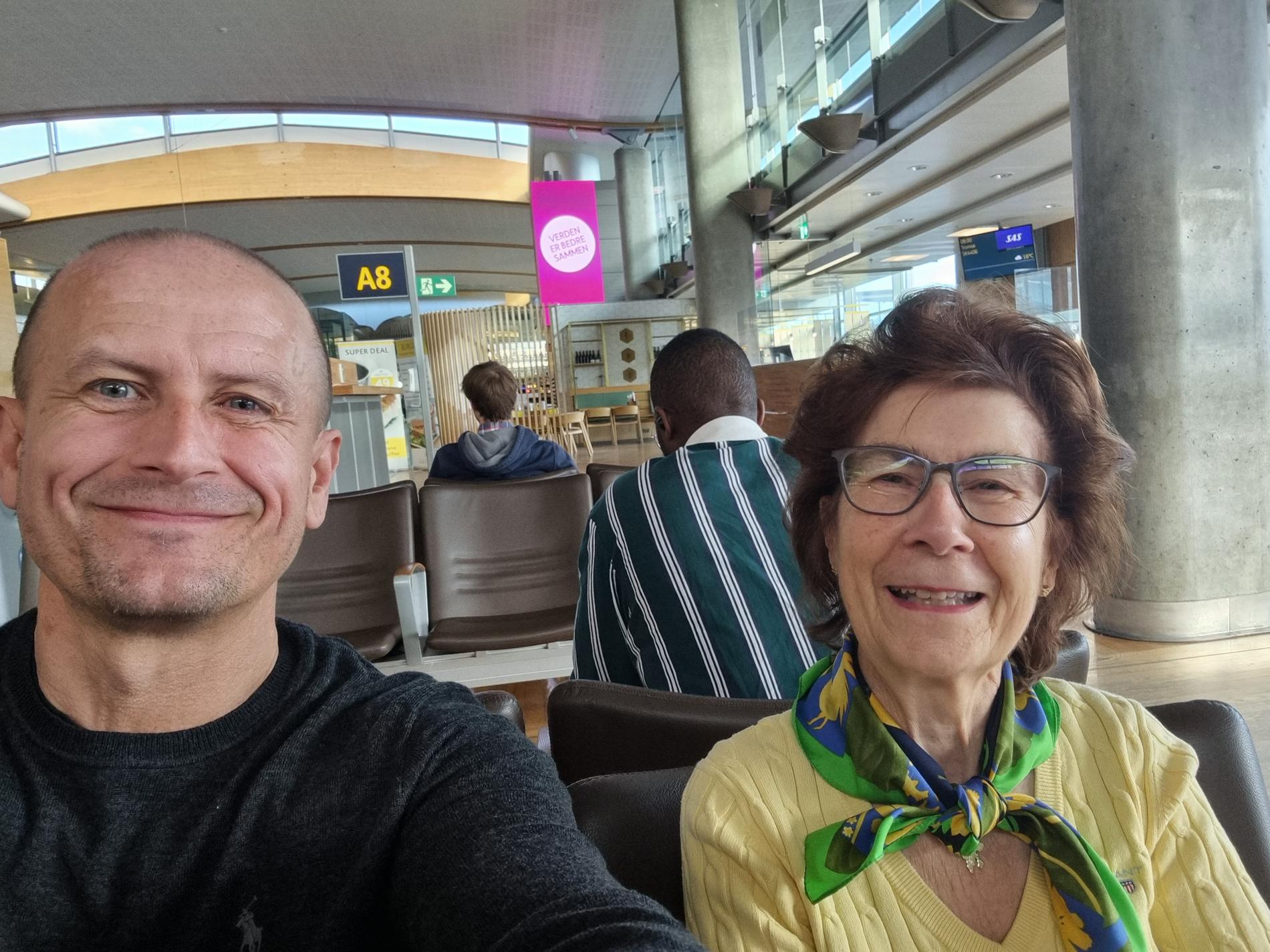State Transport Minister Winfried Hermann (Greens) has no understanding that the Heilbronn-Würzburg railway axis is left out of long-distance traffic.
Photo: dpa
Photo: Marijan Murat”> State Transport Minister Winfried Hermann (Greens) has no understanding that the Heilbronn-Würzburg railway axis is left out of long-distance traffic. Photo: dpa Photo: Marijan Murat
State Transport Minister Winfried Hermann (Greens) wants to expand public transport and calls for a special fund for climate protection and the railways. He has little left for the new company strategy of Mercedes-Benz.
In the new double budget, the departments are to save hundreds of millions of euros. Where will you save?
Winfried Hermann: It is clear that saving is the order of the day. We not only have to save financially, but also save CO2. If we are serious about pursuing the traffic turnaround and want to save CO2, then this can only be done with a series of projects that are expensive – from the electrification of automobile traffic to the expansion of public transport. In the end, it must not be the case that we have a decent budget but fail when it comes to climate protection.
Many billions of euros were spent because of Corona and the war. Are similar investments also necessary for climate protection?
Hermann: A special fund was introduced for the 100 billion euro modernization of the Bundeswehr, so that the debt brake can be circumvented. We would also need such a special fund for climate protection or for the restructuring of Deutsche Bahn. If we want to have twice as many passengers in public transport by 2030 compared to 2010, then we cannot do it with the same number of trains and buses. The expansion of the offer requires considerable funds.
more on the subject


–
–
For the nine-euro ticket. You criticize the funding. Why?
Hermann: The federal government is funding a temporary special offer with 2.5 billion euros. But after the three months we face the same financing problems. I have done everything to increase regionalization funds. These are the funds that the federal government allocates to the states under the Basic Law for financing public transport, especially on the rails. Unfortunately nothing came of it. The federal states have unanimously and urgently demanded 1.5 billion euros as compensation for the drastic cost increases. In the end, there weren’t even 750 million that were targeted as a compromise. In Baden-Württemberg alone, however, we will have to spend millions in the three-digit range in the coming years in order to offset the rising energy and personnel costs without having to reduce the supply in the coming years. Not to mention improvements in the offer.
The ticket is intended to attract crowds. Are there sufficient capacities for this?
Hermann: We have an efficient system in metropolitan areas. In some rural areas there are good offers, in others not. If you make a special offer like the nine-euro ticket, you can then determine how much public transport you actually need to transport all the people. Therefore, the nine-euro ticket could become a lesson in politics. However, it is also true that all of this costs 2.5 billion euros – and that several transport associations are currently in the process of increasing their prices in view of the rising energy and personnel costs in order to be able to finance their offer without increasing state subsidies. Unfortunately, this will happen after three months of special prices, which will set public transport back again.
more on the subject


–
–
In Heilbronn, Deutsche Bahn has promised that an Intercity will stop by 2028. He’s not coming now. What do you think?
Hermann: With the new Mannheim-Stuttgart line, many trains have passed Heilbronn for 30 years. I think it’s a huge mistake that the Heilbronn-Würzburg axis has been left out of long-distance traffic. In the course of the realization of the Deutschlandtakt Heilbronn will get an IC stop. The railways are responsible for that, since the state is only the petitioner.
About the automotive industry: Mercedes wants to grow primarily in the luxury segment. How do you rate that?
Hermann: That surprised me quite a bit. I think this strategy is a mistake, it will also lead to acceptance problems if you only build cars for the rich and super-rich. I can understand that you sell luxury cars to make a return. But if you only sell luxury cars, then you leave the mass market. Cars from the luxury segment are usually only suitable as company cars or for the best and high earners. I actually thought that Mercedes had understood that more diversification was needed – also with regard to preserving jobs.
Does this strategy open all the doors to cheaper cars from China?
Hermann: The Mercedes strategy is the invitation for Asian vehicles for the European market. Most cars from Korea, China and Japan are cheaper than those from German manufacturers, but now offer a similar standard.
–


